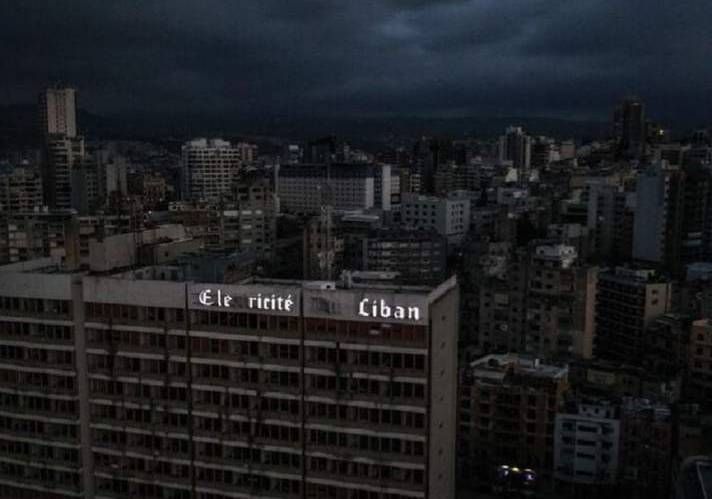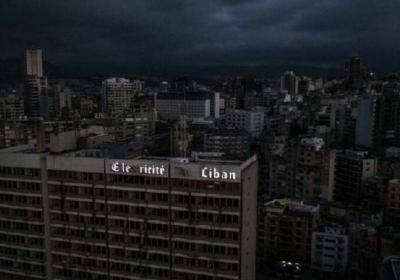In a few weeks, one chapter of Lebanon's history will close, forever etched in the memories of its people who have endured immense suffering, alongside the absurd political wars and battles against windmills, always at the expense of the populace. On the eve of the end of this presidential term, the leader of the Progressive Socialist Party, Walid Jumblatt, described the era as a "failed, vindictive term that seeks to eliminate all opponents and has brought us disasters over six years." He emphasized that Lebanon is a diverse country and must respect its plurality, insisting that the next president should possess a minimum level of reform-minded vision, encouraging every parliamentary bloc to vote according to its beliefs.
While Jumblatt reiterated his ongoing call for dialogue with everyone, including Hezbollah—whom he will meet with this week—he commented on the governmental situation, saying: "The upcoming government has not been formed due to disagreements between the president and others regarding the formation, and a unified cabinet has not been reached, because everyone wants to establish points of strength."
Looking ahead to the upcoming presidential elections, Jumblatt stressed that, "If the new majority unites with the change makers, we can set a minimal socio-economic program. However, if everyone sings to their own tune and considers themselves guardians of the republic and the presidency, it will be a bleak situation, and the axis of resistance will prevail."
Meanwhile, despite the tragedies that the Lebanese are experiencing, the political struggle in the country continues without any limits on the confrontations erupting from time to time, particularly involving the presidential team and the Free Patriotic Movement, which aim to salvage the reputation of the current term and reduce public discontent. This team has consistently targeted most political forces, with or without justification, and has not spared the caretaker Prime Minister, Najib Mikati, who has borne the brunt of these attacks.
At this time, the strike by public sector employees enters its ninth week, although some administrations are gradually resuming work, contrary to the union's decision to continue the strike. Thus, paralysis persists, compounded by a strike called by the Association of Banks, pending a meeting expected on Wednesday morning, where they may announce either the continuation or suspension of the strike.
Amid this dire situation, financial and economic expert Antoine Farah revealed in an interview with "Anbaa" electronic that the anticipated scene of total collapse this fall seems to be emerging, suggesting that this collapse could occur sooner than expected. Data indicates that fuel at Electricité du Liban will completely run out by the end of this month after Iraq refused to renew the agreement to supply fuel, which means the country could be left without electricity by the end of this month and will face total darkness. This scenario will also coincide with additional complexities in the water crisis, as it relies on electricity, leaving the Lebanese people without electricity or water.
Furthermore, Farah noted, "If we add to this the potential for additional pressure on the foreign exchange market, which may lead to a further increase in the dollar exchange rate due to the decline in tourism during July and August." He explained, "We know that tourists and expatriates injected dollars into the market, helping to alleviate pressure on the lira. Now, with this influx decreasing and the tourism season ending in late August, we will face added pressure on the lira." He pointed out that the dollar price might rise even more, especially if we consider the customs dollar rate and the need to pay additional funds to the public sector to restart it, which will also contribute to currency depreciation.
He added, "If we include the fact that Lebanon is heading to lift gasoline subsidies to reduce its losses, we will face the following scenario: no electricity, no water, the dollar stuck in a vicious cycle, increasing living pressures, and the Lebanese will increasingly feel the weight of this situation that is beginning to take shape in the coming days, hoping to prevent the expected total collapse."
In light of these grim expectations, hopes are focused on how political interactions will unfold after the end of the current term and on the border demarcation and other issues, and whether the country will move towards relief or indeed face something worse.




